In recent years, plastic kitchen utensils have gained popularity among homeowners and professional chefs alike. These versatile and durable tools offer several advantages over their traditional counterparts. In this article, we will explore the benefits of plastic kitchen utensils and why they are a great addition to any modern kitchen. 1. Durability and Longevity: Plastic kitchen utensils are known for their durability. Unlike fragile glass or ceramic equivalents, plastic utensils are resistant to breakage, making them ideal for everyday use. They can withstand accidental drops and mishandling without losing their shape or functionality. Additionally, plastic utensils are less likely to scratch or damage non-stick surfaces, ensuring a longer lifespan. 2. Lightweight and Easy to Handle: One of the key advantages of plastic kitchen utensils is their lightweight nature. This makes them comfortable to hold and maneuver, especially during prolonged meal preparation. The reduced weight also allows for greater control and precision, making it easier to flip pancakes, whisk, or stir ingredients with minimal effort.
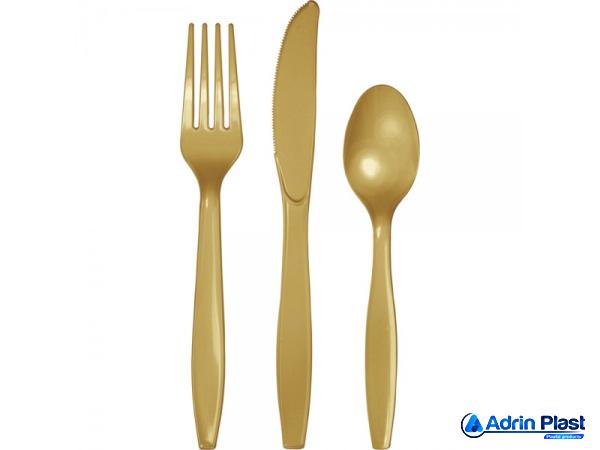
.
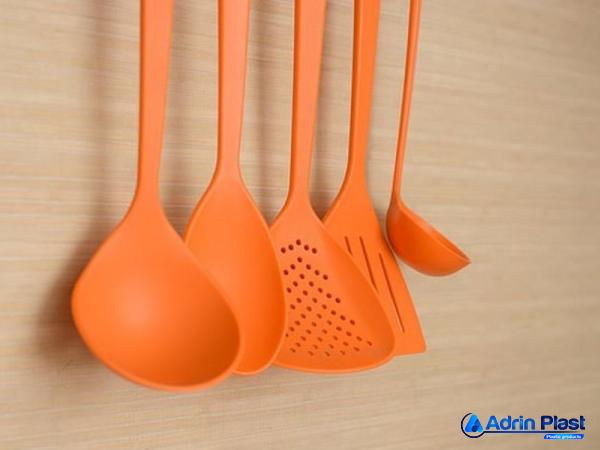 3. Heat Resistance: Contrary to popular belief, modern plastic kitchen utensils are heat-resistant, capable of withstanding high temperatures. These utensils are typically manufactured using food-grade polypropylene or nylon materials, which possess excellent heat resistance properties. This feature ensures that they remain undamaged under normal cooking conditions, minimizing the risk of melting or warping. 4. Versatility and Variety: Plastic kitchen utensils encompass a wide range of tools, including spatulas, spoons, tongs, ladles, whisks, and more. They come in various shapes and sizes, catering to different cooking and baking needs. Whether you’re sautéing vegetables, flipping burgers, or mixing batter, there is a plastic utensil designed specifically for the task at hand. Furthermore, plastic utensils now come in an array of vibrant colors and stylish designs, allowing you to personalize your kitchen tools and add a touch of fun and creativity to your cooking space. 5. Affordability and Accessibility: Another significant advantage of plastic kitchen utensils is their affordability.
3. Heat Resistance: Contrary to popular belief, modern plastic kitchen utensils are heat-resistant, capable of withstanding high temperatures. These utensils are typically manufactured using food-grade polypropylene or nylon materials, which possess excellent heat resistance properties. This feature ensures that they remain undamaged under normal cooking conditions, minimizing the risk of melting or warping. 4. Versatility and Variety: Plastic kitchen utensils encompass a wide range of tools, including spatulas, spoons, tongs, ladles, whisks, and more. They come in various shapes and sizes, catering to different cooking and baking needs. Whether you’re sautéing vegetables, flipping burgers, or mixing batter, there is a plastic utensil designed specifically for the task at hand. Furthermore, plastic utensils now come in an array of vibrant colors and stylish designs, allowing you to personalize your kitchen tools and add a touch of fun and creativity to your cooking space. 5. Affordability and Accessibility: Another significant advantage of plastic kitchen utensils is their affordability.
..
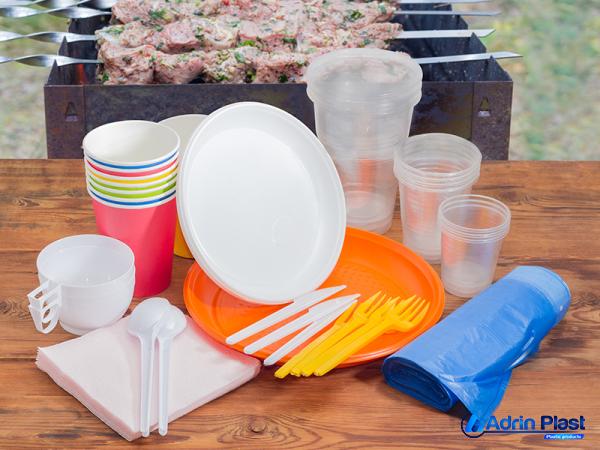 Compared to their stainless steel or wooden counterparts, plastic utensils are often more budget-friendly, making them accessible to a wide range of consumers. Their cost effectiveness makes acquiring a complete set or replacing worn-out utensils a convenient option for those on a tight budget. 6. Easy Maintenance and Hygiene: Maintaining plastic utensils is a breeze. They are dishwasher safe, unlike certain wooden utensils that require handwashing. Plastic utensils do not absorb flavors or odors, which can be a concern with other materials. The non-porous surface of plastic makes it easy to clean and ensures good hygiene in the kitchen. Conclusion: Plastic kitchen utensils offer a range of benefits, from their durability and heat resistance to their affordability and easy handling. With their versatility and variety, they can cater to a wide range of cooking needs, saving time and effort in the kitchen. As more consumers embrace environmentally conscious alternatives, manufacturers have also started producing eco-friendly plastic utensils made from recycled materials, further enhancing their appeal.
Compared to their stainless steel or wooden counterparts, plastic utensils are often more budget-friendly, making them accessible to a wide range of consumers. Their cost effectiveness makes acquiring a complete set or replacing worn-out utensils a convenient option for those on a tight budget. 6. Easy Maintenance and Hygiene: Maintaining plastic utensils is a breeze. They are dishwasher safe, unlike certain wooden utensils that require handwashing. Plastic utensils do not absorb flavors or odors, which can be a concern with other materials. The non-porous surface of plastic makes it easy to clean and ensures good hygiene in the kitchen. Conclusion: Plastic kitchen utensils offer a range of benefits, from their durability and heat resistance to their affordability and easy handling. With their versatility and variety, they can cater to a wide range of cooking needs, saving time and effort in the kitchen. As more consumers embrace environmentally conscious alternatives, manufacturers have also started producing eco-friendly plastic utensils made from recycled materials, further enhancing their appeal.
…
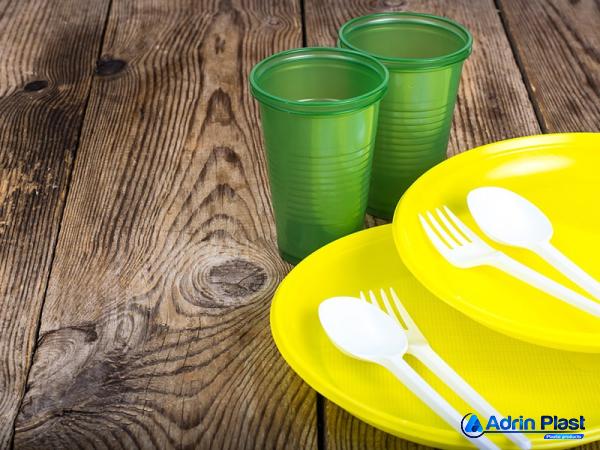 So, if you are looking to upgrade your kitchen utensils, consider investing in plastic tools that offer reliability, functionality, and versatility for a fulfilling culinary experience.Furthermore, plastic kitchen utensils are also an environmentally-friendly choice. With growing concerns about sustainability, many manufacturers have started producing plastic utensils using recycled materials. These eco-friendly options help reduce the production of new plastic and contribute to a cleaner environment. In addition to the benefits mentioned above, plastic kitchen utensils are resistant to stains and odors. This feature is particularly advantageous when working with strong-smelling ingredients or vibrant spices that can leave stubborn stains on other utensils. With plastic utensils, you can avoid the hassle of scrubbing and soaking, saving both time and effort in the kitchen. Another advantage of plastic kitchen utensils is their non-stick properties. They are less likely to stick to food, making them perfect for tasks like flipping pancakes, stirring delicate sauces, or mixing batters. The smooth surface of plastic utensils ensures that food easily slides off, reducing the risk of sticking and burning. One significant advantage of plastic kitchen utensils is their affordability and accessibility. They are generally more cost-effective compared to utensils made from stainless steel or other materials.
So, if you are looking to upgrade your kitchen utensils, consider investing in plastic tools that offer reliability, functionality, and versatility for a fulfilling culinary experience.Furthermore, plastic kitchen utensils are also an environmentally-friendly choice. With growing concerns about sustainability, many manufacturers have started producing plastic utensils using recycled materials. These eco-friendly options help reduce the production of new plastic and contribute to a cleaner environment. In addition to the benefits mentioned above, plastic kitchen utensils are resistant to stains and odors. This feature is particularly advantageous when working with strong-smelling ingredients or vibrant spices that can leave stubborn stains on other utensils. With plastic utensils, you can avoid the hassle of scrubbing and soaking, saving both time and effort in the kitchen. Another advantage of plastic kitchen utensils is their non-stick properties. They are less likely to stick to food, making them perfect for tasks like flipping pancakes, stirring delicate sauces, or mixing batters. The smooth surface of plastic utensils ensures that food easily slides off, reducing the risk of sticking and burning. One significant advantage of plastic kitchen utensils is their affordability and accessibility. They are generally more cost-effective compared to utensils made from stainless steel or other materials.
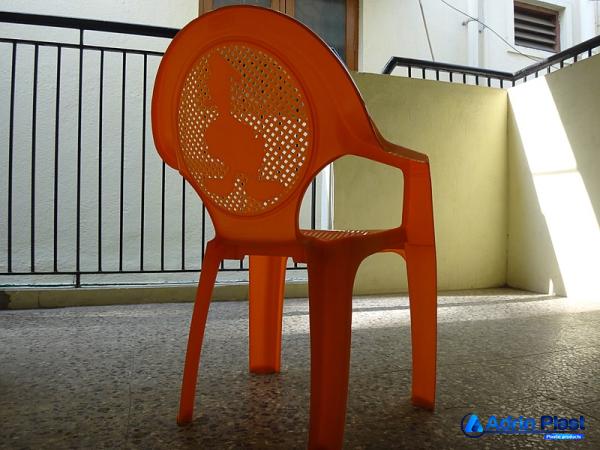
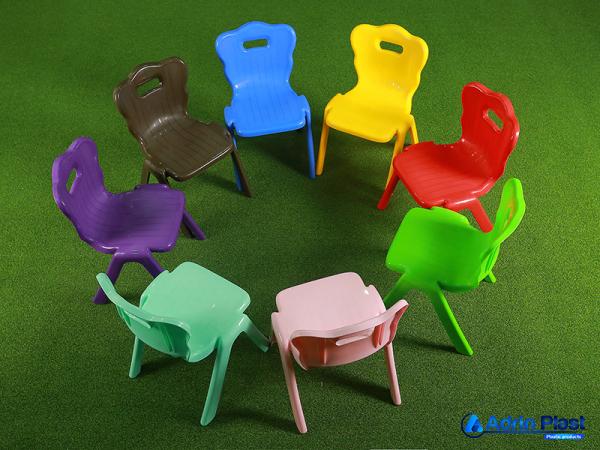
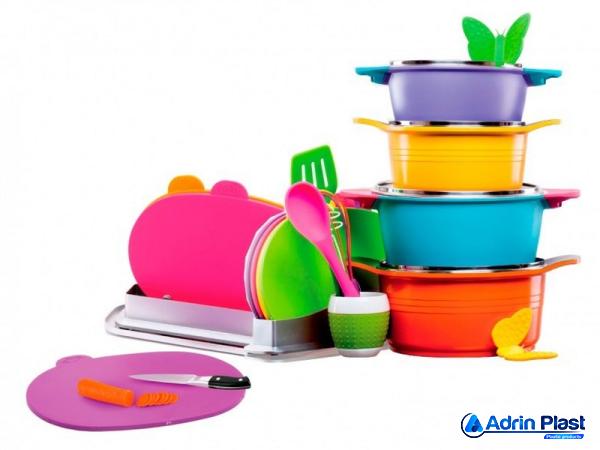
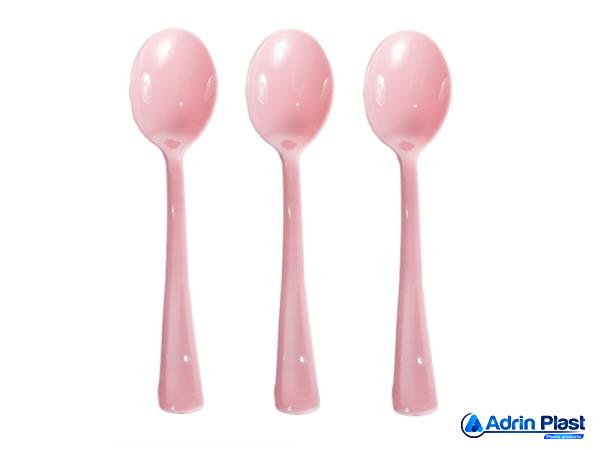
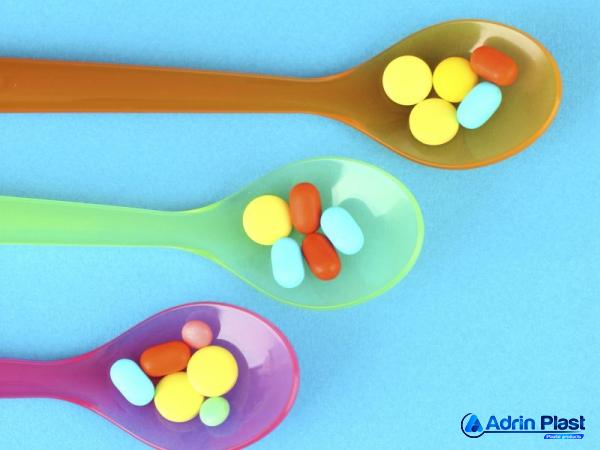
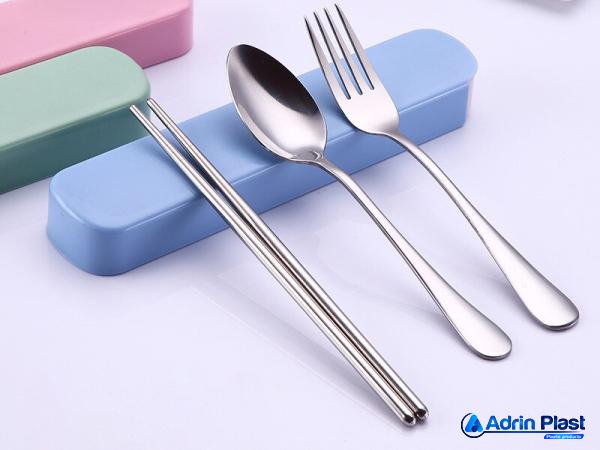
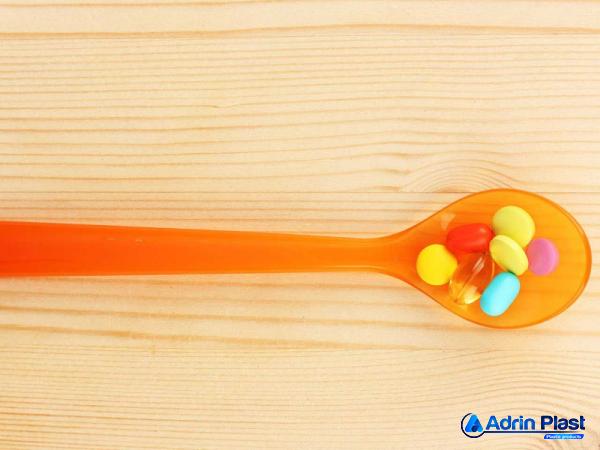
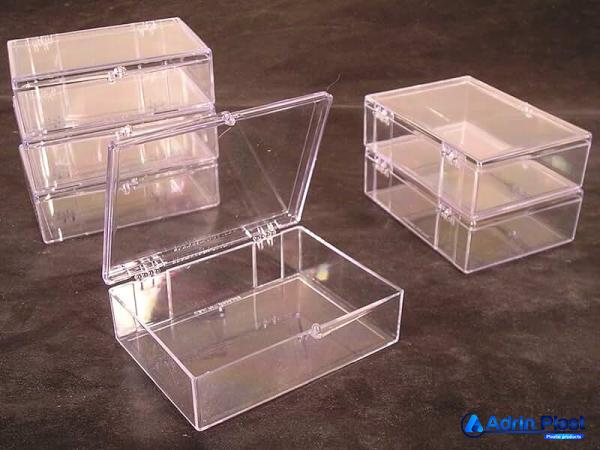
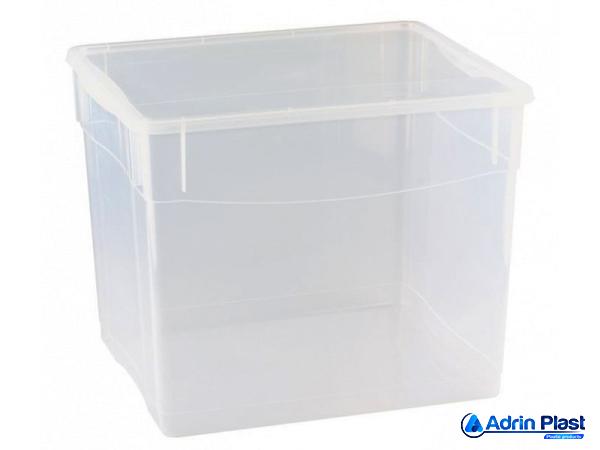
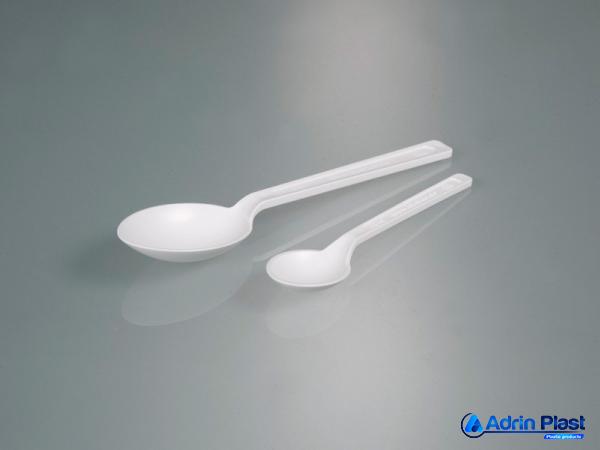
Your comment submitted.